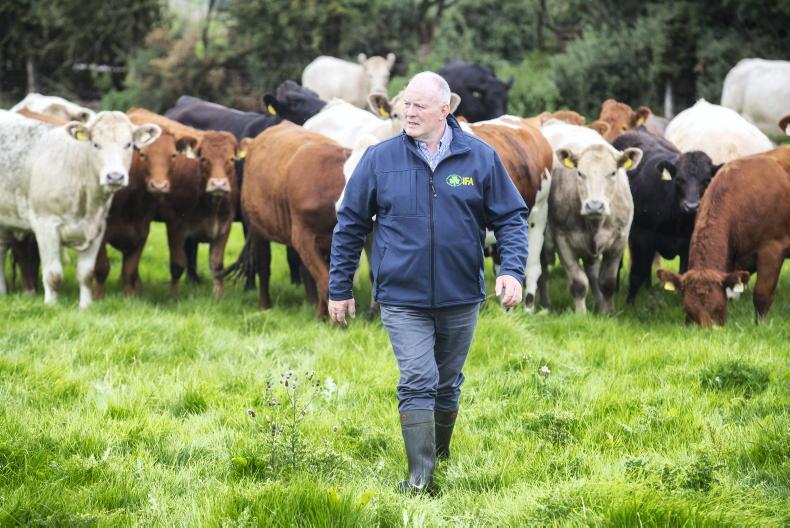IFA president Francie Gorman has identified a number of priorities for the year ahead.
One of them will be IFA’s campaign to halt the Mercosur deal signed in December by the EU Commission president Ursula von der Leyen.
“This deal flies in the face of the demands on European producers to meet the very highest standards,” O’Gorman said.
“The inevitable outcome is that our markets will be undermined by cheap imports produced to lower standards.
“This deal will need to be approved by the EU Council of Member States where there is mounting opposition to any deal being concluded,” he said.
“Both the Taoiseach and the Tánaiste told the IFA National Council during the general election campaign that they were opposed to the Mercosur deal. They must carry this commitment forward and relay it at the highest level in Brussels,” he said.
Potential deal
IFA is also in complete opposition to any splitting of the trade and political aspects of a potential Mercosur deal.
The role of national parliaments in relation to trade deal ratification must be respected and honoured by the EU Commission.
Another area of focus will be the retention of the nitrates derogation.
It’s critical that the Government’s Water and Agriculture document delivers on its commitments and secures a renewal of our nitrates derogation.
“This plan is an important step in working to secure a renewal of our derogation.
“It is vital that the targets set out in the document are followed up and delivered upon, including a fast-tracking of the planning process for nutrient storage facilities, something IFA had put forward,” he said.
Retaining the derogation
“The retention of the derogation is vital for all sectors of farming and we will be looking to the new Government to have a dedicated and united approach when negotiating with the EU Commission.
“As part of the discussions around a new programme for Government, we will also be prioritising the following:
“A proper agri-environment scheme that will pay farmers up to €15,000; and support for the vulnerable sectors on a multi-annual basis, in line with our election manifesto.”






 This is a subscriber-only article
This is a subscriber-only article










SHARING OPTIONS: